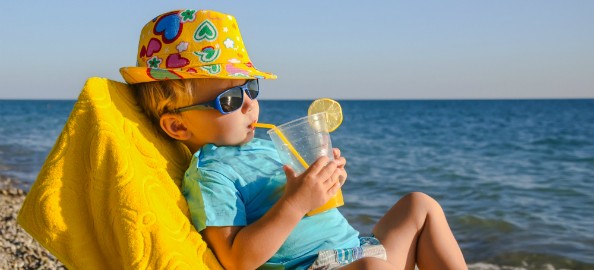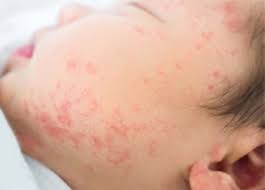Suffocation and suffocation
- Remove the hanging furniture or toys before the baby can reach them.
- Keep cables, ropes or ropes away from the baby, especially near the crib. The ropes and strings around the baby's neck can suffocate him.
- Keep plastic bags and balloons handy.
- Use only toys that cannot be broken without sharp edges or small, detachable parts.
Fire and burns
- Never eat, drink and wear anything warm near the child or while holding it.
- Lower the water heater to 50 ° C.
- Check the smoke detectors to make sure they are working.
- Carefully check the temperature of the formula. The formula should be hot or cold to the touch.
falls
- Never leave the child alone in a high place.
- Keep the crib and playgrounds up.
- Do not put your child on a hiking trail.
Safety of the car
- Use a properly approved baby car seat in the rear seat.
- Never leave the child alone in a car.
- Wear your seat belt.
Smoking
Children living in
a home where someone smokes have more respiratory infections. Their symptoms
are also more severe and last longer than those of children living in a
smoke-free home.
If you smoke, set
a quit date and stop. Set a good example for your child. If you cannot quit, do
NOT smoke in the house or near children.
immunizations
At the 4-month visit, the child must have:
DTaP (diphtheria,
acellular pertussis, tetanus) shot
Hib (Haemophilus
influenza type B) shot
polio shot
pneumococ (PCV7) sho
oral rotavirus
vaccine.
Some babies also get a hepatitis B stroke at this age.
Some of these vaccines can be combined in one shot, so your
child may not have to have 4 or 5 separate shots.
Your baby may suffer from fever and may be irritable about 1
day after the fire. Your child may also have a certain sensation of dizziness,
redness and swelling in case of fire.
You can give acetaminophen drops in the appropriate dose to
prevent fever and irritability. For swelling or soothing, place a warm, damp
cloth over the fire area as often and as long as necessary for comfort.
Call your child's healthcare provider if:
Your baby has a rash or any reaction other
than fever and mild irritability.
Your baby has a
fever that lasts more than 36 hours.
Next visit
Your baby's next routine visit should be at the age of 6
months. At this point, your child will receive the next set of immunizations.
Bring your child's card to all visits.



0 Comments